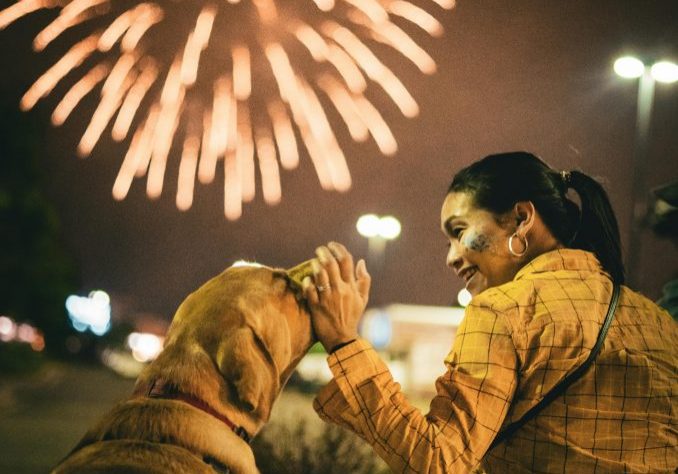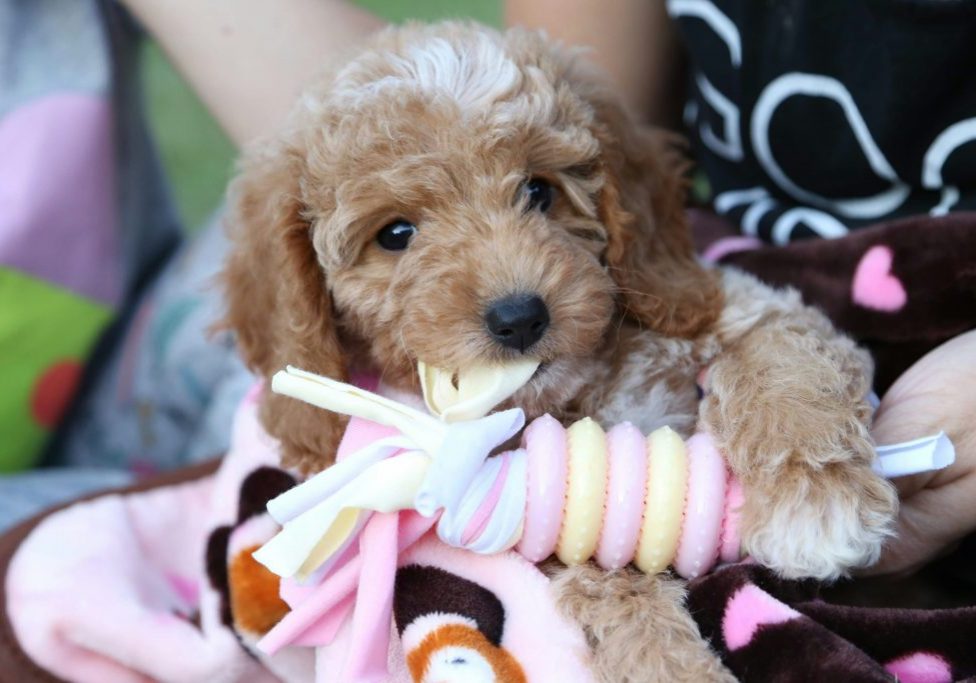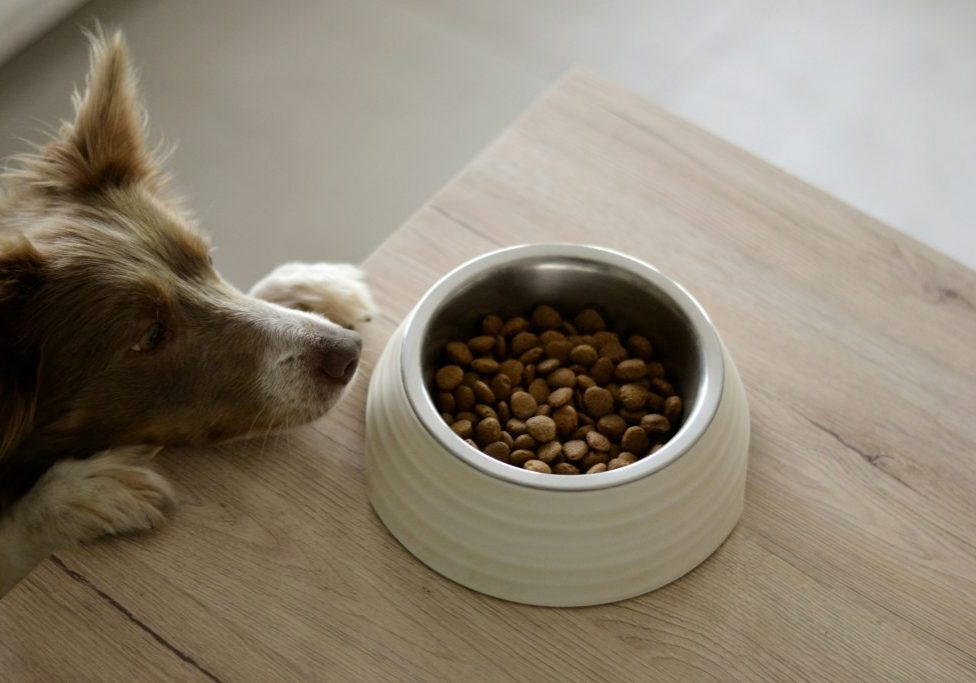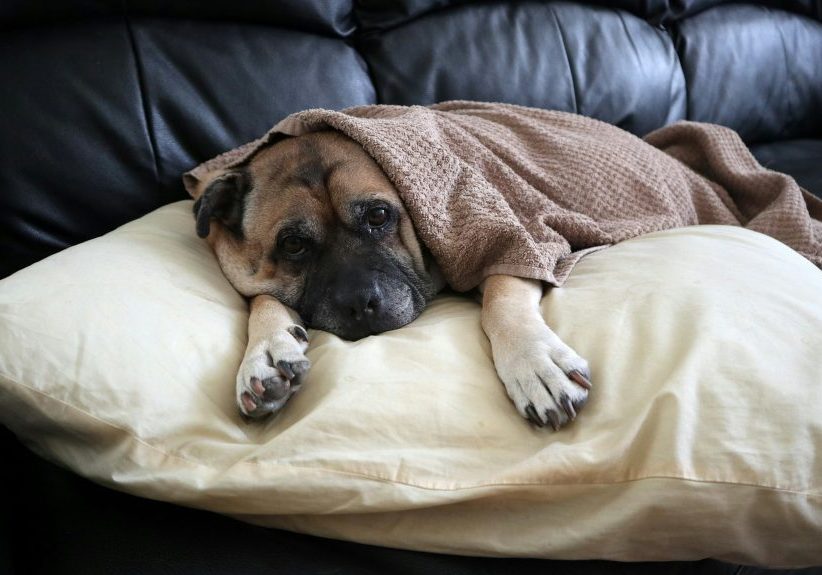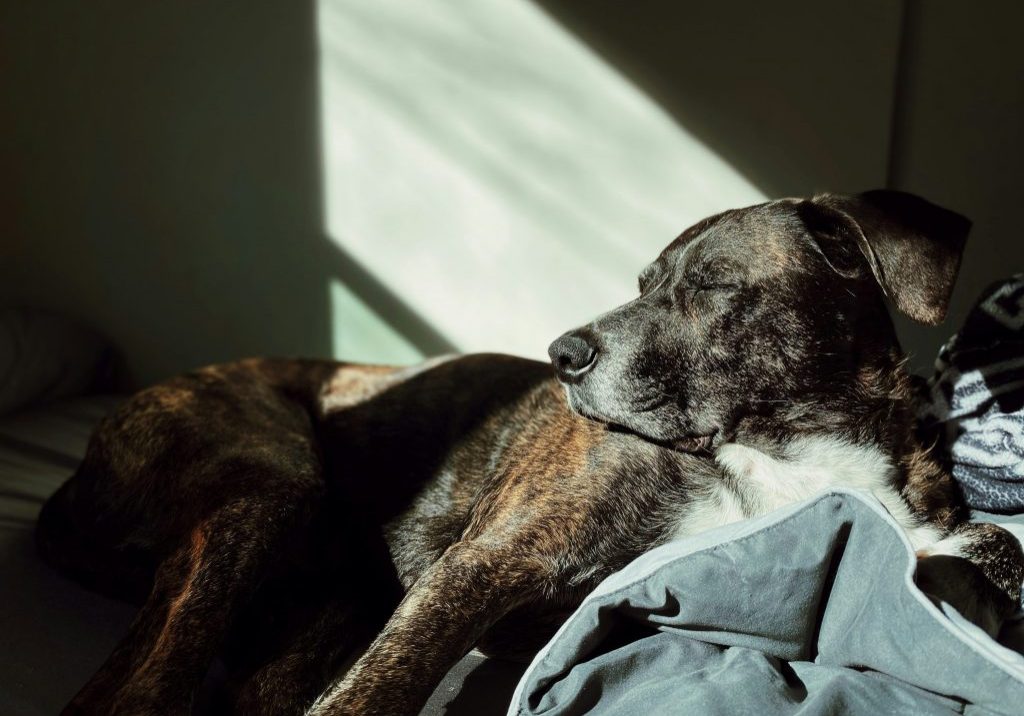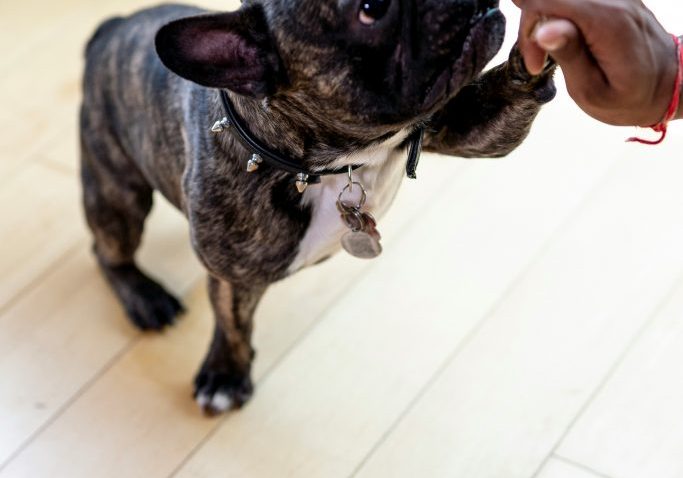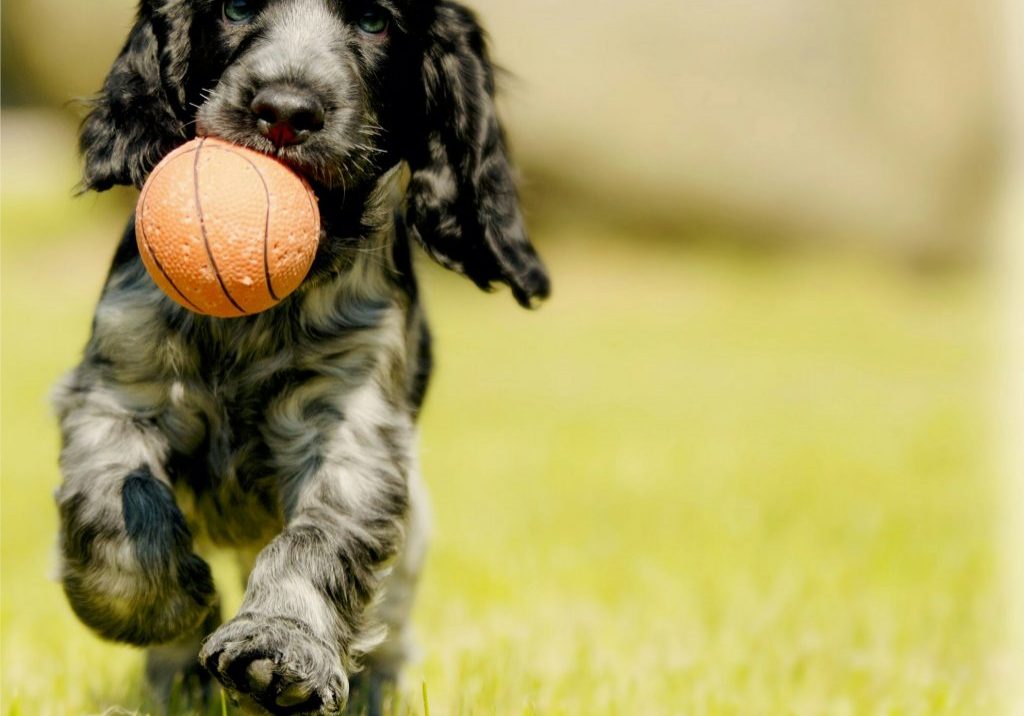Things To Ask Your Dog Breeder
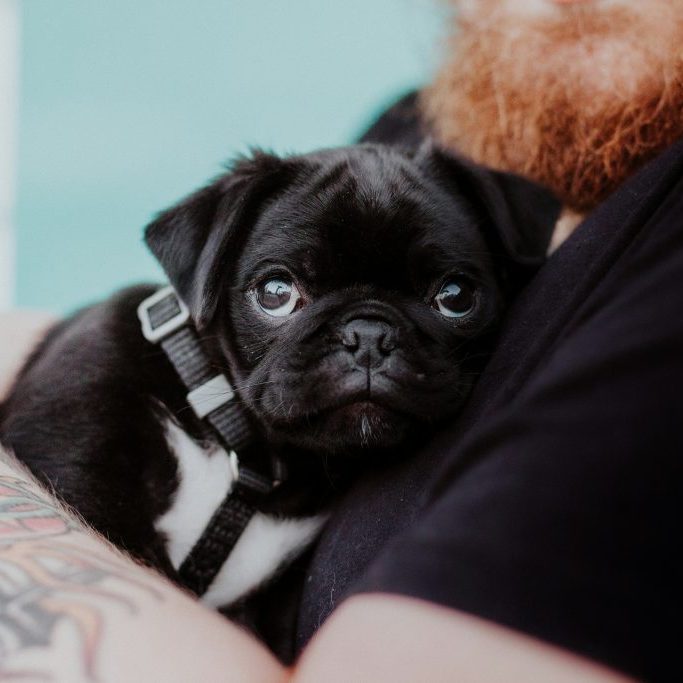
hwllo-sniffer.co.uk/things-to-ask-your-dog-breeder
December 3, 2024
Sniffer_Admin
So, you’ve decided on the breed of dog that’s right for you, and now it’s time to find a reputable breeder. But how can you be sure you’re making the right choice? Knowing what to ask your breeder is key to ensuring your puppy gets the best possible start in life. A responsible breeder will be more than happy to answer your questions—they’ll likely have some of their own for you too! Here’s a guide to the essential questions you should be asking.
1. Can I Meet the Puppy’s Parents?
Meeting the puppy’s parents, or at least the mother, is one of the most important steps in choosing a breeder. This gives you insight into the temperament, size, and overall health of your future dog.
Look out for:
- A calm, friendly mother who’s comfortable around people.
- Signs of neglect, such as poor coat condition or nervous behaviour.
- Clean, safe surroundings where the puppies are raised.
Pro Tip: If the breeder refuses to let you meet the mother or offers to deliver the puppy without a visit, walk away—this could be a red flag for a puppy farm.
2. Have the Parents Been Health Tested?
Certain breeds are prone to genetic conditions, such as hip dysplasia in German Shepherds or heart issues in Cavalier King Charles Spaniels. A good breeder will have screened the parents for common hereditary conditions and can provide proof of the tests.
Ask to see certificates for health checks, and be wary if the breeder is vague or dismissive about this topic. Healthy parents lead to healthy puppies.
3. What Vaccinations and Treatments Have the Puppies Had?
Before taking your puppy home, they should have received their first vaccinations, been treated for worms and fleas, and, depending on their age, possibly microchipped.
Ask for:
- A detailed record of veterinary visits.
- The vaccination schedule, including what’s already been done and what’s still needed.
- Confirmation of any other treatments provided.
4. How Are the Puppies Socialised?
Socialisation is vital for a puppy’s development, especially in their first 8 weeks. A responsible breeder will expose their puppies to various sights, sounds, and experiences to help them grow into confident, well-adjusted dogs.
Ask about:
- Interaction with children, adults, and other animals.
- Exposure to household noises, such as vacuum cleaners or doorbells.
- Time spent exploring different environments, indoors and outdoors.
Socialisation doesn’t stop when you bring your puppy home, but a good breeder will give them a strong foundation.
5. What Is the Puppy’s Diet?
Knowing what the puppy has been eating helps you transition them to their new home without causing an upset stomach.
Ask for:
- Specifics on their current food brand and portion sizes.
- Advice on feeding schedules.
- Any tips for dietary changes as they grow.
Many breeders will provide a small supply of the food they’ve been using to help with the transition.
6. Do You Have References or Reviews?
Reputable breeders will have a track record of happy, healthy puppies placed in loving homes. Ask if you can speak with previous buyers or read reviews of their experiences.
Look out for consistency in reviews: Are other buyers praising the breeder’s communication, honesty, and aftercare support? This can give you confidence in your choice.
7. Do You Provide a Contract?
A good breeder will provide a contract outlining their responsibilities and expectations for you as the buyer. This often includes a clause stating that if you can no longer care for the dog, they will take it back to prevent the dog from ending up in a shelter.
The contract should also specify details about:
- Health guarantees.
- Return policies.
- Spay/neuter agreements, if applicable.
8. Can You Tell Me About the Breed’s Characteristics?
Even if you’ve done your research, it’s always worth hearing the breeder’s perspective on the breed’s temperament, energy levels, and potential challenges.
Ask about:
- Typical behaviour traits of the breed.
- Exercise and grooming requirements.
- Any quirks or traits to be aware of.
Breeders who are passionate about their dogs will be eager to share their knowledge and ensure you’re well-prepared.
9. Are You Registered With a Kennel Club or Breed Organisation?
Many reputable breeders are registered with kennel clubs, such as The Kennel Club in the UK, or other recognised breed organisations. This often indicates a higher standard of care and breeding practices.
If they’re not registered, it’s not necessarily a deal-breaker, but you should ask why and dig deeper into their credentials.
10. Can I Visit More Than Once?
A breeder who cares about their puppies will want to ensure you’re serious and committed to providing a good home. They should encourage multiple visits to see the puppies and watch them grow.
This also allows you to bond with your future pup and see how they interact with their littermates.
Pro Tip: Trust takes time. A breeder who rushes the process or pressures you to take a puppy immediately might not have your puppy’s best interests at heart.
11. Will You Be Available for Support After I Bring the Puppy Home?
Good breeders don’t just hand over the puppy and disappear. They’ll be there to offer advice and answer questions as you settle into life with your new furry friend.
Ask if they provide ongoing support and if you can contact them for guidance in the future.
Final Thoughts
Finding the right breeder takes time, but it’s worth every effort to ensure your puppy has a healthy, happy start. Asking the right questions not only gives you peace of mind but also shows the breeder that you’re committed to being a responsible dog owner.
Remember, a reputable breeder will welcome your questions and may even have a few of their own for you. After all, they want their puppies to go to the best homes possible. Take your time, do your research, and get ready to welcome your perfect pup into your life!
